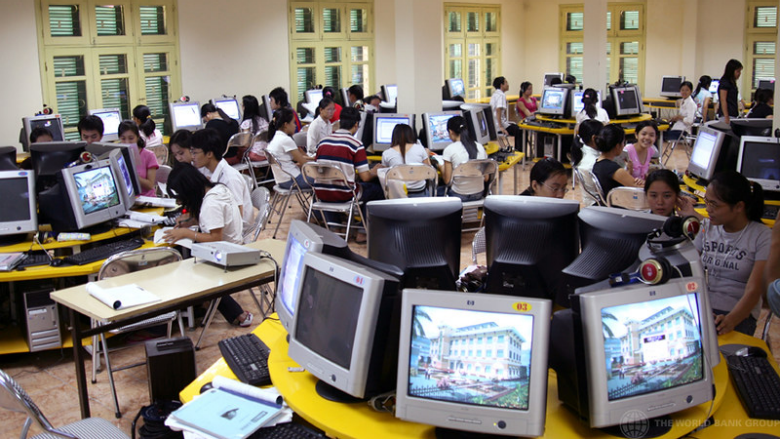Technological innovations and digital tools are important levers for economic transformation. For example, a research project with DEC’s impact evaluation group tests whether a consulting program with limited personal interaction and follow-up contact via WhatsApp can improve business practices and performance among micro, small, and medium-size enterprises in Brazil. This digital solution would be more easily scalable than in-person consulting programs, which have been shown to improve firm performance and employment growth. Other promising projects in this area include using social media to help women-owned small businesses reach new markets in the Arab Republic of Egypt, using business service marketplaces to help firms hire the talent they need to expand into different cities in Nigeria, and a six-country program in the Western Balkans that uses online and in-person capacity building to help firms expand to European markets. KCP support would be crucial to support more innovative research and data activities in this area.
Working Papers
Will Digital Technologies Transform Agriculture in Developing Countries? (2016)
Mobile phones and the internet have significantly affected practically all sectors of the economy, and agriculture is no exception. Building on a World Bank flagship report, this paper introduces a concise framework for describing the main benefits from new information and communications technologies.
Robots, Tasks and Trade (2018)
An increase in robot adoption in the North reduces the cost of production and thereby impacts trade in final and intermediate goods with the South. This paper examines the effects of robotization on trade patterns, wages, and welfare.
Does Automation in Rich Countries Hurt Developing Ones? Evidence from the U.S. and Mexico (2019)
Following a couple of decades of offshoring, the fear today is of reshoring. Using administrative data on Mexican exports by municipality, sector, and destination from 2004 to 2014, this paper investigates how local labor markets in Mexico that are more exposed to automation in the United States through trade fared in exports and employment outcomes.
